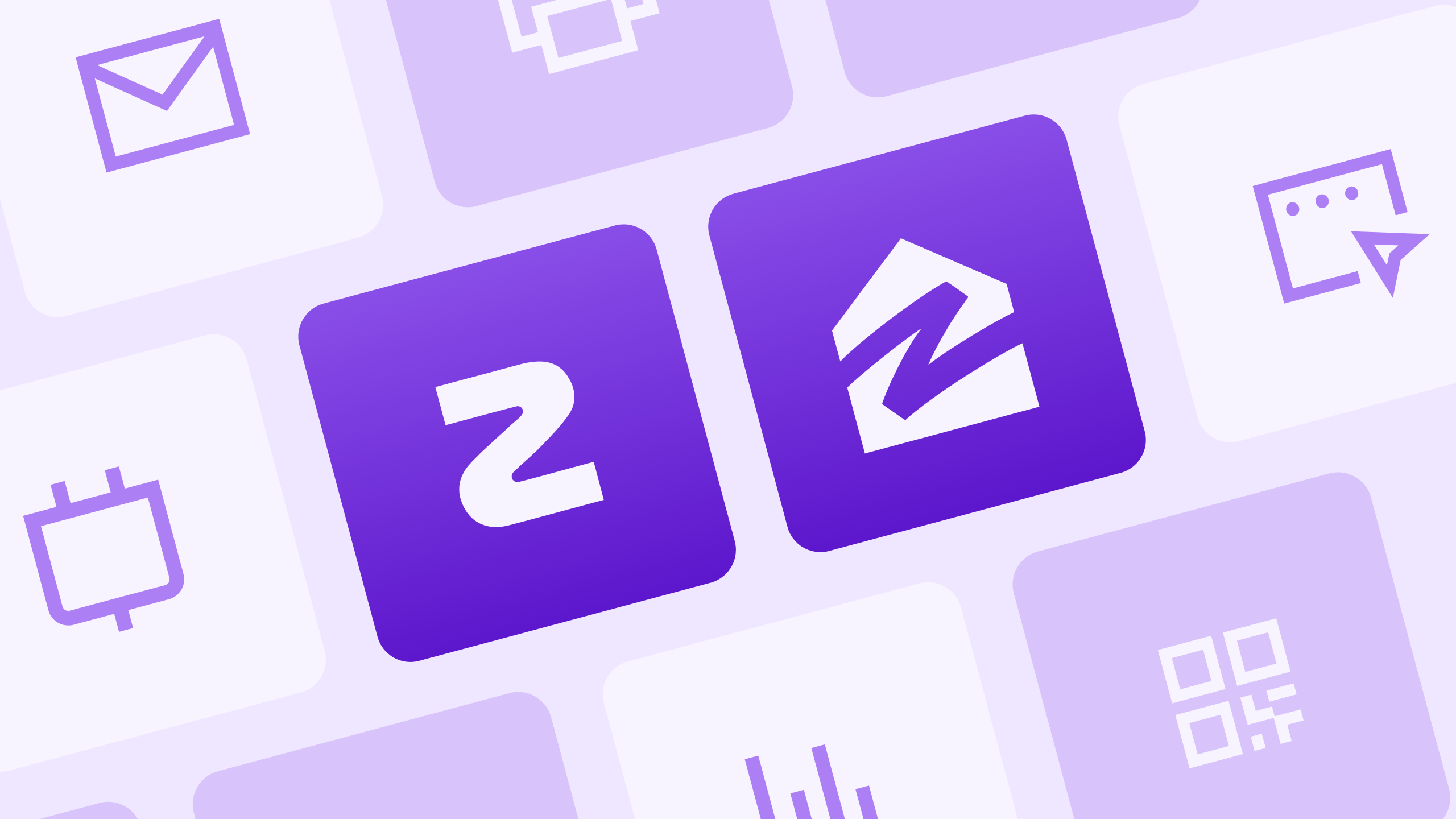In the high-stakes world of event planning, pre-event marketing can be the make-or-break factor for success. It’s the phase where you generate buzz, drive registrations, and build anticipation. But with so many channels, platforms, and touchpoints to manage, pre-event marketing often feels like spinning plates—one wrong move, and everything could fall apart.
Event management software simplifies the marketing process and amplifies your efforts, ensuring that every campaign, email, and social media post is strategic, personalized, and impactful.
Introduction: Challenges of Pre-Event Marketing
Pre-event marketing is riddled with complexities:
- Fragmented Tools and Platforms: Managing emails, social media, and CRMs on separate systems can lead to inefficiencies and miscommunication.
- Limited Personalization: Generic, one-size-fits-all messaging no longer resonates with audiences who expect tailored experiences.
- Lack of Data Insights: Without actionable analytics, it’s tough to determine which strategies are working and which aren’t.
- Time-Intensive Processes: Creating and executing campaigns manually can consume valuable hours that could be spent on strategy.
These challenges highlight the need for a centralized, efficient, and data-driven solution—and that’s precisely where event management software shines.
Key Functions for Marketers
1. Email and Slack Marketing Integration

Email marketing remains a cornerstone of pre-event promotion, and event management software enhances its effectiveness by integrating with tools like Mailchimp, HubSpot, and even Slack.
- Automated Campaigns: Schedule and automate email sequences for reminders, updates, and follow-ups, ensuring attendees stay informed without manual intervention.
- Collaborative Communication: Slack integrations align internal teams with instant notifications on campaign performance or registration trends.
- Performance Tracking: Monitor open rates, click-through rates, and conversions directly within the software, providing real-time insights to refine your strategy.
A report reveals that segmented and automated email campaigns drive a 760% increase in revenue—a testament to how powerful email automation can be for event marketers.
2. Social Media Promotion Tools
Social media is your megaphone for reaching broader audiences and engaging potential attendees. Event management software simplifies social media marketing by offering:
- Content Scheduling: Plan and schedule posts across LinkedIn, Twitter, and Instagram to maintain a consistent presence.
- Engagement Tracking: Monitor likes, shares, comments, and clicks to gauge which messages resonate most with your audience.
- Integration with Ads: Connect your software to ad platforms to run targeted campaigns based on audience demographics and interests.
By streamlining social media efforts, you can focus more on creative content and less on repetitive posting tasks.
3. CRM Integration and Lead Management
Event management software integrates seamlessly with CRMs like Salesforce, ensuring your marketing and sales teams are perfectly aligned.
- Centralized Lead Data: All attendee information, from registration to engagement, is stored in one place, making it easy to segment and target leads effectively.
- Lead Scoring: Identify high-potential attendees based on their interactions with your campaigns, enabling smarter follow-ups.
- Seamless Handoffs: After the event, pass leads to your sales team with complete engagement data, streamlining the conversion process.
Integrated CRMs ensure no lead falls through the cracks, maximizing your marketing ROI.
4. Personalized Marketing Based on Attendee Segmentation

Personalization is no longer optional—it’s essential. Event management software makes creating targeted, relevant messaging easy through attendee segmentation.
- Dynamic Segmentation: Group attendees by criteria such as industry, job role, or event history.
- Tailored Campaigns: Use these segments to send customized messages, such as agenda highlights for specific interests or exclusive discounts for VIPs.
- Enhanced Engagement: Personalized marketing increases open rates, click-through rates, and overall attendee satisfaction.
According to Statista, 80% of customers are likelier to purchase from brands offering personalized experiences, proving that tailored messaging is a game changer.
Example: How Pre-Event Analytics Inform Marketing Strategy
Imagine you’re organizing a large B2B conference. Using event management software, you analyze pre-event data such as:
- Registration Trends: Identify which demographics are signing up the most and tailor campaigns to attract underrepresented groups.
- Engagement Metrics: Track email open rates and social media performance to pinpoint the most effective messaging.
- Audience Preferences: Use past event data to highlight sessions or speakers that attendees are most interested in.
With these insights, you can adjust your marketing strategy in real-time, ensuring maximum impact and higher attendance.
TL;DR Summary
Pre-event marketing doesn’t have to be overwhelming. Event management software centralizes your tools, automates repetitive tasks, and delivers actionable insights while enhancing the attendee experience with personalized, targeted messaging.
For B2B event marketers looking to optimize their efforts and maximize ROI, event management software is the ultimate game-changer. It’s not just about planning events; it’s about creating strategies that captivate audiences and drive success even before the event begins.
Explore how Zuddl’s event management software can transform your next event. Schedule a demo today!
Subscribe to our blog now!











